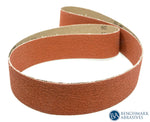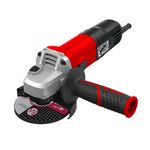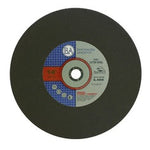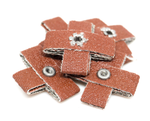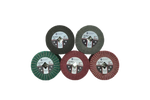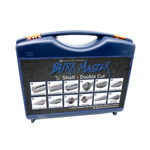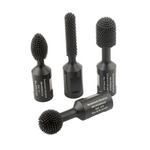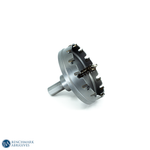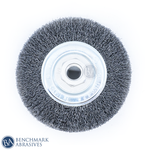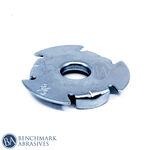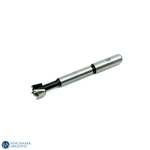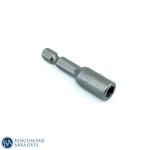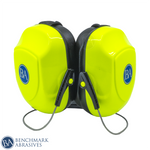News
-
-
-
-
-
-
-

Flap Disc vs Grinding Wheel: Which One Cuts It for Your Metalwork?
Read nowSelecting the appropriate abrasive is one of the most important options when working with metal surfaces. The choice between a flap disc and a grinding wheel is more than just a preference; it’s a decision that will directly impact the...
-
-

Guide to Buffing Compounds: Types, Colors, and Uses
Read nowThis article provides a detailed guide to buffing compounds and various forms of polishing compounds and their uses, helping manufacturers effectively differentiate between different buffing compounds.Download the Buffing Wheel Compound Selection Guide. What is the Buffing Compound? Abrasive materials...
-

Concrete Grinding Techniques Using an Angle Grinder
Read nowA power tool for cutting and grinding is an angle grinder. It's among the most prevalent kinds of power tools seen in workshops and construction sites. You can utilize it for a wide range of tasks due to its versatility....
-
-

